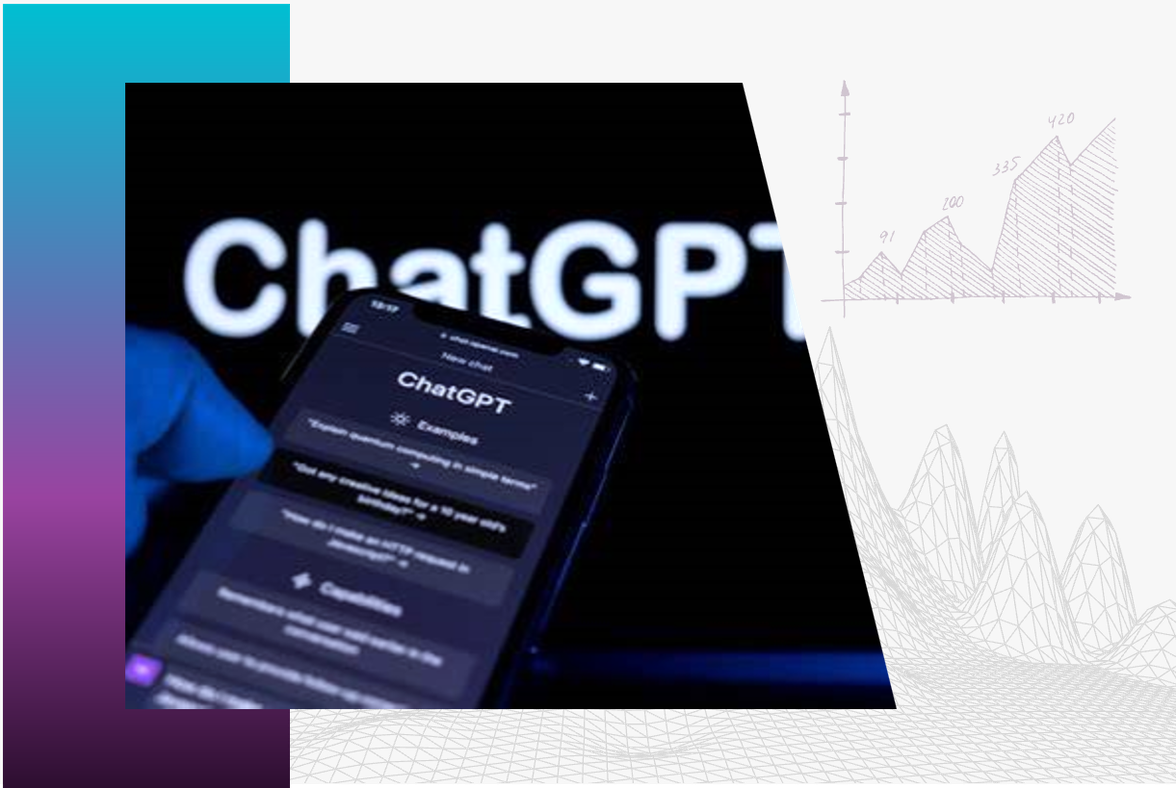3 things I learned from reading the patent application publication
There is a dominant narrative that wants us (Africans) to believe that innovation only happens elsewhere and that innovation is happening so fast we can't keep up, so we need to embrace or take what's been given to us. …

